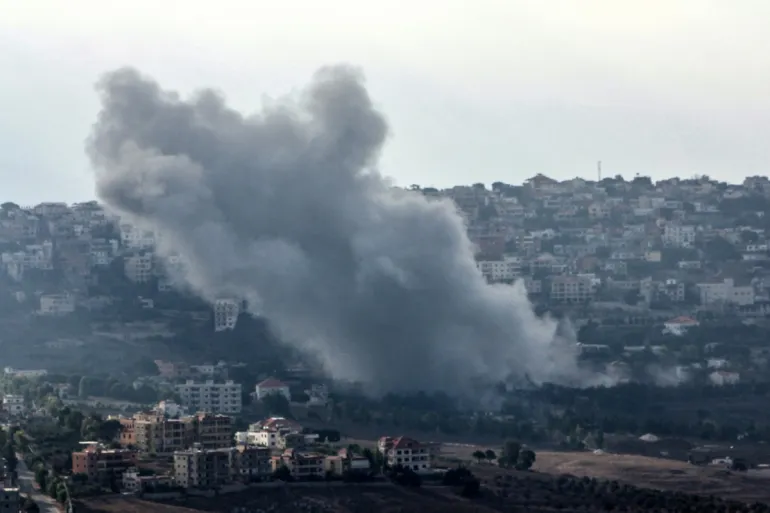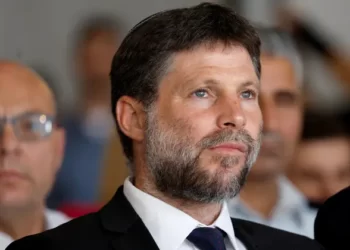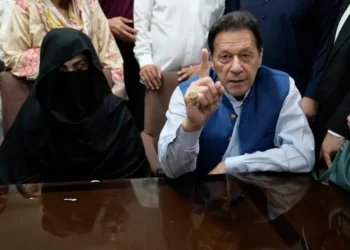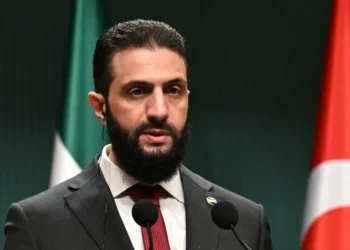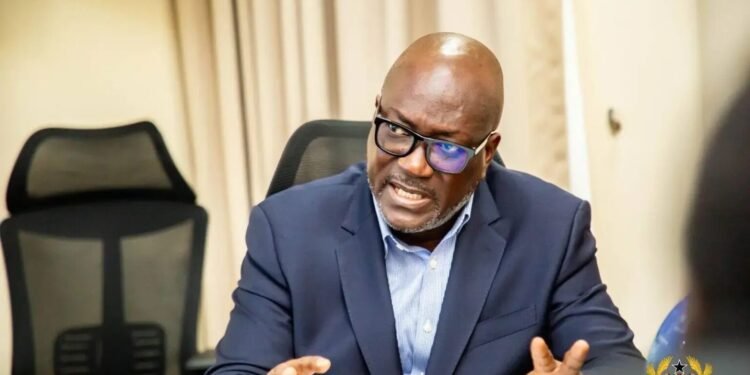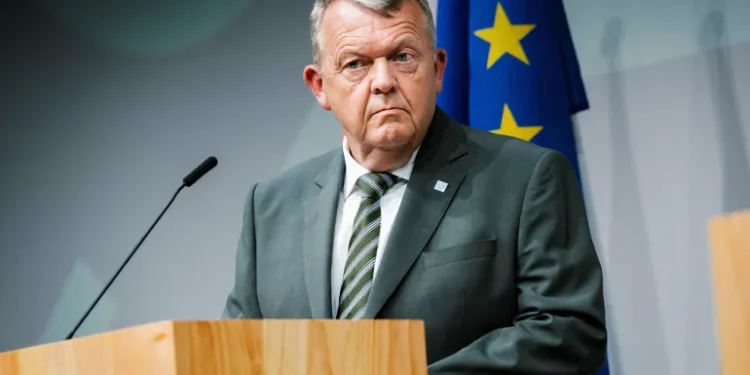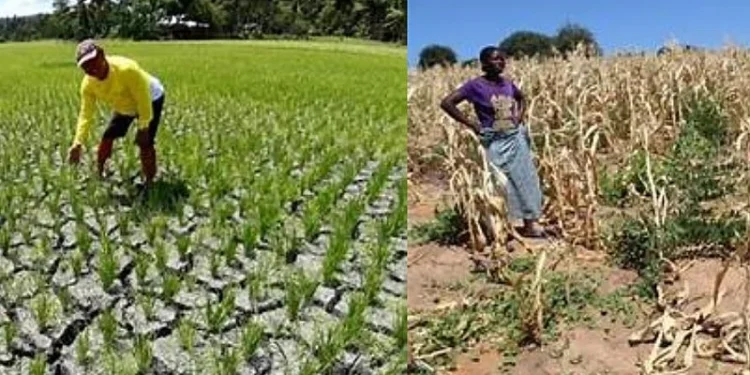The United Nations Interim Force in Lebanon (UNIFIL) has expressed “grave concern” for the wellbeing and safety of civilians residing in southern Lebanon.
“UNIFIL reiterates its strong call for a diplomatic solution and urges all parties to prioritize civilian lives and ensure they are not put in harm’s way,” it posted on X.
This statement came as Isreal continued to drastically step up its attacks on Lebanon.
The mission said that it was vital to “fully recommit” to implementing UN Security Council Resolution 1701.
Under the resolution, adopted in 2006 to bring an end to the war between Israel and Hezbollah, UN peacekeepers were deployed to monitor a ceasefire along the 120km (75-mile) demarcation line, or Blue Line, between Israel and Lebanon.
Lebanon’s Health Minister, Firass Abiad said that Israeli bombing has targeted homes, medical centres, ambulances and cars of people trying to flee.
According to the Minister, at least 274 people have been killed, including 21 children, 39 women and two medics while more than 1,000 others have been wounded.
Abiad stated that the ministry is working to ensure those injured in Israeli strikes are getting the health care they need.
The Health Minister disclosed that he has asked hospitals to stop taking regular, light cases to make space for the wounded from the south.
“We working on directives for the first-aid centres to be turned into places that can receive the wounded. The displaced people who have cancer, kidney failure and other chronic diseases, we have a plan to continue their treatment in different medical centres.”
Firass Abiad
Lebanon’s Health Ministry also announced the shutting down of all nurseries across the country.
Earlier, education authorities said that schools will be closed for two days in areas hit by Israeli strikes.
Thousands of people were seen fleeing southern Lebanon, with the main highway in the southern port city of Sidon packed with cars heading towards Beirut.
Minister of Environment, Nasser Yassin told reporters that some schools are being prepared in Mount Lebanon for people who are fleeing.
The Lebanese Interior Minister, meanwhile, said that schools in Beirut, Tripoli and eastern and southern Lebanon are being turned into shelters amid the heavy displacement.
Escalation Instead Of De-escalation
Ravina Shamdasani, Spokeswoman for the UN rights office, highlighted the calls from across the international community pleading for a de-escalation, saying, “But instead of a de-escalation, what we have seen … is further rhetoric with further plans of an escalation.”
“This needs to stop,” she stressed.
After nearly a year of tit-for-tat cross-border fire between Hezbollah and Israeli forces, the strikes since the weekend are the most intense since the outbreak of Israel’s war on Gaza.
The UN has voiced deep worry “about the escalation in Lebanon”, where Israeli air raids have killed hundreds of people.
“The attacks that we saw on the communication devices, the pagers, followed by rocket attacks and rocket fire being exchanged on both sides … marks a real escalation,” Shamdasani averred
“What we’ve been warning about all along, the regional spillover of the conflict, it appears that both the actions and the rhetoric of the parties to the conflict is taking the conflict to another level.”
Ravina Shamdasani
READ ALSO: Ghana’s Artificially High Policy Rate Fails to Tame Inflation, Stands Among Highest in Africa

